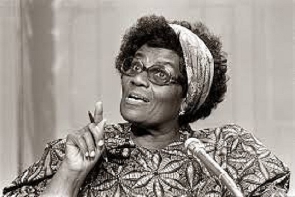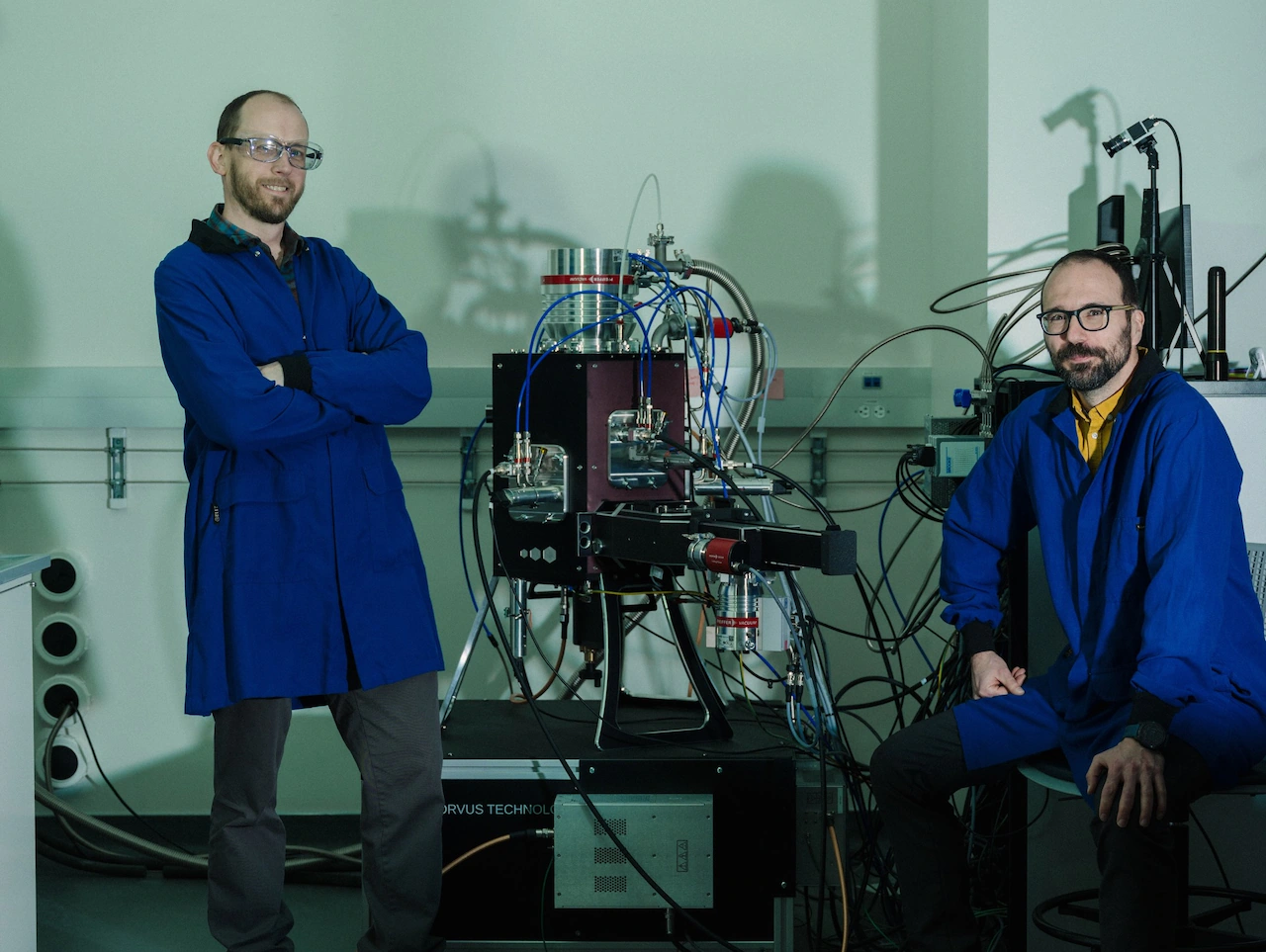Copyright ghanamma

Annie Ruth Jiagge was a pioneering Ghanaian lawyer, judge, and activist whose work reshaped the legal and social landscape for women both in Ghana and globally. She played a central role in drafting the 1967 Declaration on the Elimination of Discrimination against Women (DEDAW), which paved the way for the 1979 Convention on the Elimination of All Forms of Discrimination Against Women (CEDAW). A report by the Gate House Chambers in the UK stated; “In addition to Anne Jiagge’s achievements as a lawyer and judge, she championed the rights of women worldwide. Appointed to represent Ghana on the United Nations Commission on the Status of Women between 1962 and 1972, she was the principal architect of the Declaration on the Elimination of Discrimination Against Women. Meet Joyce Bamford-Addo: Ghana’s first female Speaker of Parliament “She later founded the Ghana National Council on Women and Development. Upon learning that access to credit was a priority for the financial independence of women, at the International Women’s Conference in 1975, she and others pledged seed money for a women’s bank (now Women’s World Banking)”. Here is her brief profile Born on October 7, 1918, in Lomé, then part of French Togoland, Jiagge moved to Keta in the Gold Coast to pursue her education under her grandmother’s care. She attended Achimota College, studying teaching from 1933 to 1937, and began her career at the Presbyterian Girls School in Keta, eventually rising to headmistress. While teaching, Jiagge became fascinated with law, inspired by a visit to the courts in Accra. Unable to study law locally, Jiagge travelled to London, enrolling at the London School of Economics and Lincoln’s Inn. Meet Prof Marian Ewurama Addy: Ghana’s first female professor of natural science Despite scepticism from male peers who doubted women’s suitability for the profession, she excelled, earning her LLB in 1949 and becoming one of Ghana’s first female lawyers. Upon returning home, Jiagge initially practised as a barrister. After marrying Fred Jiagge in 1953, she accepted a magistrate position, becoming Ghana’s first female magistrate. By 1959, she had advanced to the circuit court, and in 1961, she became the first female High Court judge in Ghana and one of the first in the Commonwealth. She later served as the first female judge of the Court of Appeal, and from 1980 to 1983, she was its president. Jiagge’s impact extended far beyond the courtroom. She tirelessly advocated for women’s rights, pressing for legal reforms in marriage, divorce, custody, inheritance, and women’s political participation. She believed that education and financial empowerment were critical for women to claim their rights, and she emphasised that legislation alone could not overcome deep-rooted cultural and societal barriers. Internationally, Jiagge represented Ghana at the UN Commission on the Status of Women from 1962 to 1972. Her 1967 draft of DEDAW laid the foundation for CEDAW, securing her place as a key figure in global women’s rights advocacy. She led Ghanaian delegations to World Conferences on Women, championed financial inclusion for women, and promoted an intersectional approach to feminism that recognised how gender inequality is compounded by tradition, imperialism, and underdevelopment. A devout Christian, Jiagge balanced faith with social justice. She was active in the Young Women’s Christian Association (YWCA) and became the first African woman president of the World Council of Churches in 1975, using her platform to fight apartheid and promote human rights. Annie Ruth Jiagge passed away on June 12, 1996, in Accra. Her legacy endures through her contributions to national legislation, international treaties, and the empowerment of women. She remains a symbol of courage, determination, and justice, inspiring generations to challenge discrimination and fight for equality. Ntim Fordjour pushes for parliament brief on National Security



